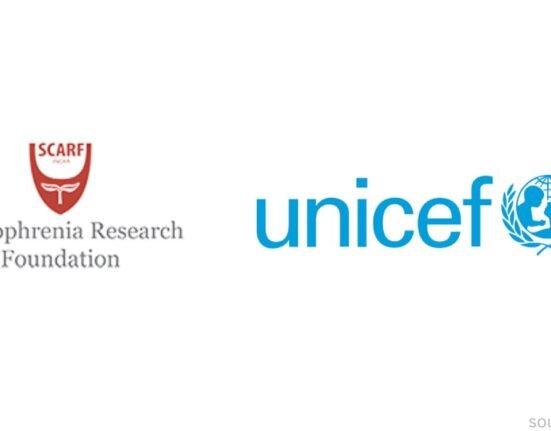Everybody in the world faced mental health issues during the pandemic period. A lot of stigmas regarding mental health were broken off because of the pandemic as people realized the importance of mental health. There were some people who experienced poorer mental health than others because of their circumstances and their environment especially the front line Covid workers. As being surrounded by people who were Covid positive and being exposed to the virus directly increased the intensity of fear in them of acquiring it too but despite that, they kept working even in the high-risk time. All the frontline workers in the whole world are experiencing a higher amount of anxiety related to all areas of their life now. Studies done on healthcare workers on the global level shows that they have a higher level of depression, anxiety, burnout, and PTSD as when everyone was trying to protect themselves by isolating and staying away from everybody. While the frontline’s workers were in direct contact with those people who had this deadly infection leading to several unseen problems of the future.
A study conducted by the University of York and mental health foundation found out that patients who had Covid along with other health problems revealed that children and adolescents are struggling in the pandemic. In this study, there were 25 systematic reviews which were collected when Covid started from the hospitals in China of healthcare workers from which the results varied from 12% from anxiety to 51% for patients to have depression and PTSD. In younger children because of school closures, closed social interactions, and staying isolated increased the number of adverse mental health outcomes in students.
Research has also found the importance of colleagues working at the site, having clear communication with them is so healthy for their well-being which has been missing for the people who have been working online and the need of support from the co-workers of the community has been realized tremendously during the pandemic. A research fellow, Noortje Uphoff, from the University of York Centre has said that support of each other during the pandemic can decrease the burden of mental health problems in the population and healthcare workers working against Covid. They wanted their work to be noticed and needed more support from the government which was missing for them. They have been pushing their own boundaries to help others and feel exhausted now. So their mental health needs to be given utmost importance right now. Many public figures have recognized the need for it, Deepika Padukone has also made an initiative for frontline workers’ mental health by collaborating with Live Love Laugh Foundation who is working with people facing issues such as stress, in Zaidee, depression, PTSD. She has been very public about supporting mental health even on her social media as she writes that frontline workers are the backbone of our country in this pandemic. The Global Association of Physicians of Indian Origin (GAPIO) also come in association with the Indian psychiatric Society IPS and launched a helpline for the mental health of healthcare workers who are experiencing mental health issues. They will provide their services on the helpline free of cost and they only provide counseling sessions to their clients and would not prescribe medications as for that they will refer the person to a psychiatrist. This initiative has been taken for the immediate crisis of increasing number of cases among the health line workers, as their conflicts are turning into emotional turmoil which can be internalized as well as externalized.
In another study of 515 samples of healthcare staff working in intensive care units, (ICU) from all the seven continents showed that 48% of the sample had shown signs of mental health conditions, like depression PTSD, insomnia, and anxiety. The well-being of the healthcare and frontline workers should be adopted by the place that they are working in and there should be regular mental health checkups for them. The average results in this research were seen that there was a spike of 40% in depression score of those people who were spending more than six hours in the PPE as compare to those who were not and spike of 23% in insomnia and PTSD scores which suggested that the longer time the person is pending in the PPE, the more mental health problems would amplify.












Leave feedback about this